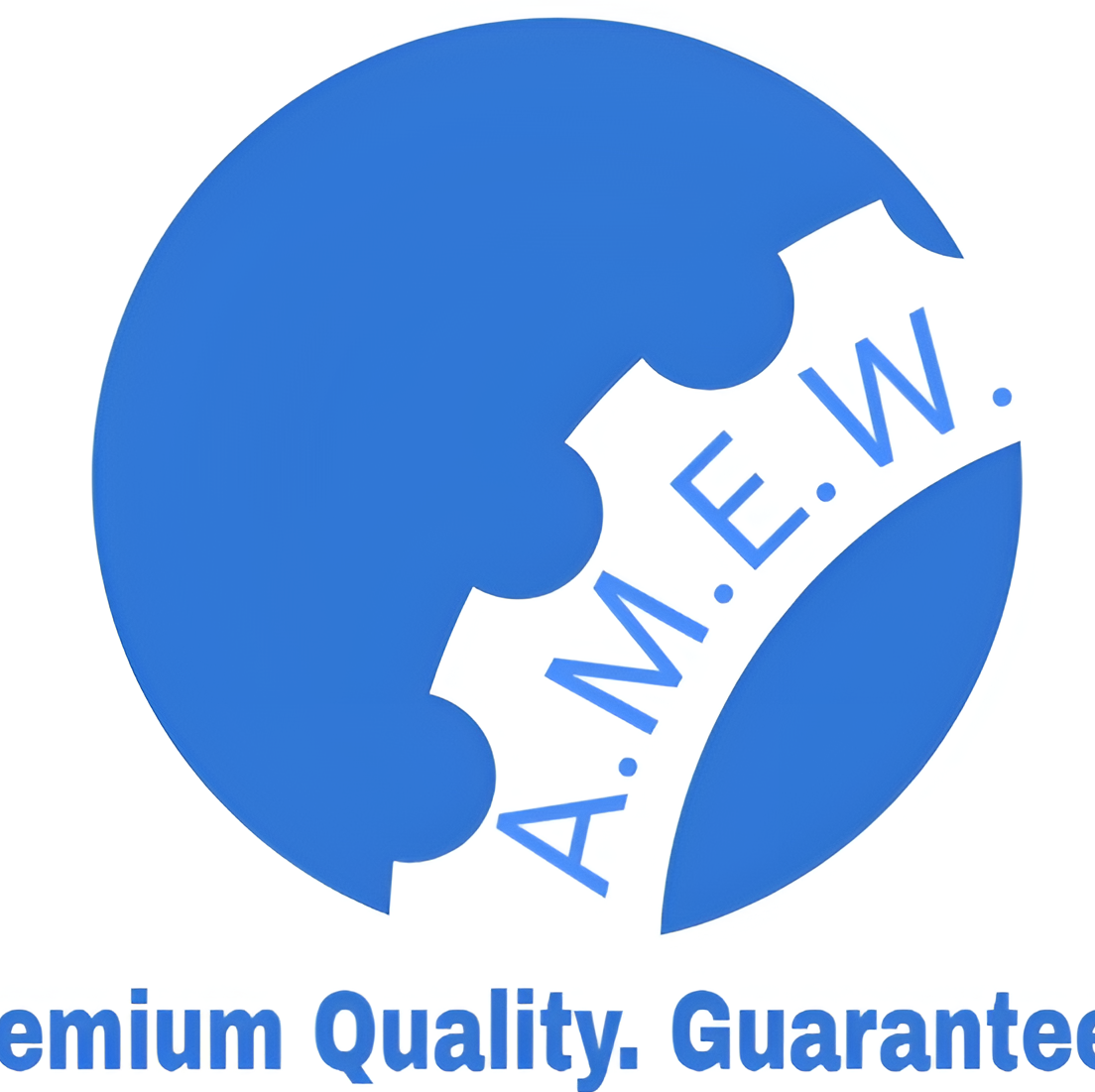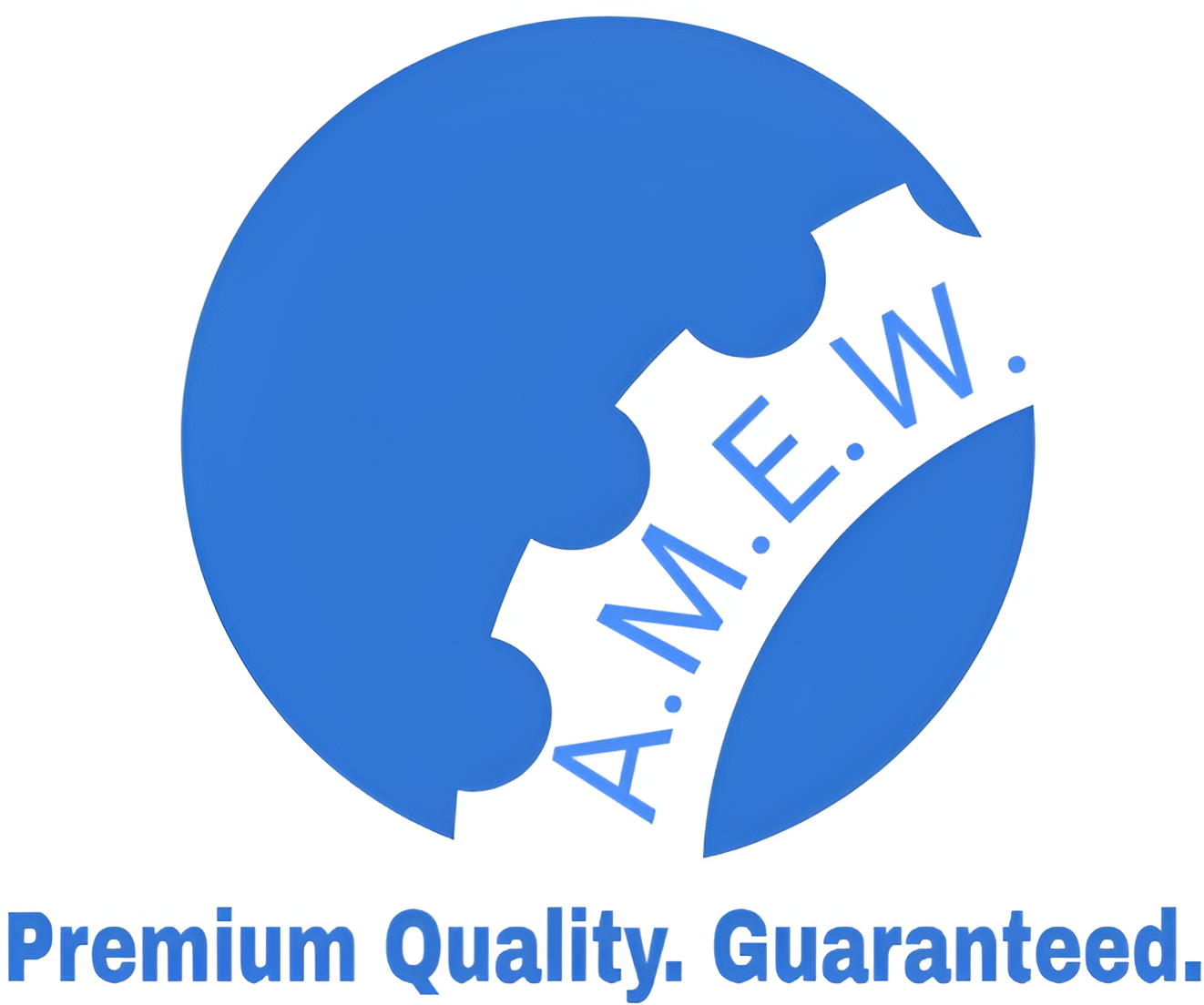A Guide to Thin Wall Stainless Steel Pipes
Stainless steel pipes are a hallmark of versatility and durability, but when it comes to applications requiring strength, efficiency, and reduced weight, thin wall stainless steel (SS) pipes steal the show. Perfectly balancing reliability with lightweight construction, these pipes have become a critical component in several key industries.
This guide will walk you through everything you need to know about thin wall SS pipes, from their benefits to where they’re used and how to keep them in top shape.
Benefits of Using Thin Wall Stainless Steel Pipes
Thin wall SS pipes stand out for a range of reasons. Here are the key benefits that make them an excellent choice in various applications.
Lightweight
Thin wall SS pipes are designed to use less material without compromising strength and performance. Their lightweight nature makes transportation easier and more affordable compared to heavier alternatives, a major advantage in industries such as aerospace and automotive, where reducing weight is paramount to improving efficiency and performance.
Corrosion Resistance
One of the most celebrated properties of stainless steel, including its thinner-walled variants, is its ability to resist corrosion. Whether exposed to moisture, harsh chemicals, or extreme temperatures, thin wall SS pipes maintain structural integrity and prevent damage like rust or discoloration. This makes them a long-lasting option across industries, especially in environments with high levels of humidity or chemical exposure.
Cost-Effectiveness
Thin wall SS pipes offer an impressive return on investment due to their durability, minimal maintenance requirements, and long service life. While initially premium-priced, their lightweight construction and corrosion resistance translate to reduced operational and maintenance costs over time, making them a cost-effective choice for businesses focused on maximizing value.
Applications of Thin Wall Stainless Steel Pipes
Thanks to their practicality and efficiency, thin wall SS pipes are a go-to solution in a broad range of industries.
Automotive Industry
Thin wall SS pipes are integral to modern automotive engineering. They are commonly used in exhaust systems, fuel lines, and hydraulic applications where weight reduction is crucial for improving fuel efficiency and reducing emissions. Additionally, their corrosion resistance ensures longevity in vehicles operating under varying environmental conditions.
Aerospace Industry
Aircraft manufacturing demands precision, strength, and weight reduction simultaneously—which is why thin wall SS pipes shine in aerospace applications. They serve as vital components for hydraulic systems, fuel transport, and structural supports, contributing to the industry’s constant push for optimized performance and fuel-saving designs.
Medical Devices
Thin wall SS pipes play a significant role in the medical sector due to their biocompatibility and hygienic properties. These pipes are frequently used in producing surgical instruments, medical implants, and hospital-grade equipment like catheters and drug delivery systems. Their lightweight and corrosion-resistant nature ensure reliability and patient safety over extended use.
Installation and Maintenance Tips
Getting the most out of thin wall SS pipes requires proper installation and regular maintenance. Here are some practical tips to ensure your investment stands the test of time.
Installation Best Practices
- Choose the Right Tools: Stainless steel pipes require specialized equipment such as pipe cutters and beveling tools to ensure precise cuts and fitting.
- Check for Proper Alignment: Prioritize alignment during welding or installation processes to maintain structural integrity. A misaligned pipe can lead to performance issues or premature wear.
- Secure with Quality Fittings: Pair your pipes with stainless steel fittings to maintain uniform corrosion resistance and durability across the entire assembly.
Maintenance Pro Tips
- Regular Cleaning: Clean pipes periodically to remove dirt, debris, or chemical residues that can compromise appearances or efficiency. Use non-abrasive cleaners to protect the surface finish.
- Inspect for Damage: Regularly inspect pipes for dents, weak spots, or signs of corrosion, particularly at welded joints. Address any issues immediately to prevent larger failures.
- Lubricate Moveable Parts: If the pipe system includes moving parts, apply lubricants specifically designed for stainless steel to ensure smooth operation.
By following these tips, your thin wall SS pipes will not only perform optimally but also remain sustainable and cost-efficient over their entire service life.
Why Thin Wall SS Pipes Are Worth It
Thin wall stainless steel pipes offer a standout combination of strength, durability, and efficiency. From the automotive and aerospace sectors to the medical industry, their appeal lies in versatility and reliability. Coupled with proper installation and maintenance, they serve as a sustainable choice that pays for itself through longevity and performance.
Now that you know the fundamentals of thin wall SS pipes, the next step is easy. Assess your needs, make the upgrade, and experience first-hand how these innovative pipes can revolutionize your project.

